Nawab Qilla - Dera Bugti
- Aik Aur Musafir

- Sep 30, 2025
- 3 min read

In the midst of the small and dusty town of Dera Bugti in Balochistan, stands a once-imposing building that not only exuded grandeur in itself, but was also known for the larger-than-life character that inhabited the place.
I am talking of Nawab Akbar Bugti, the slain Sardar of the Bugti tribe, whose 19th death anniversary was commemorated a few days back. Nawab Akbar had been the sardar of the Bugti tribe for well over 60 years and had been a popular yet harsh leader.
Known for dispensing swift justice whilst sitting under the cover of a Quran in his baithak, the Nawab navigated the murky tribal matters with great ease. Caught in a conflict, the Nawab was relentlessly pursued by the military and ultimately met his end deep in the Marri heartland on 26th August 2005.
His house, located in the city of Dera Bugti in an area called the Nawab Qilla, was part of a large compound that consisted of living quarters, a library, a baithak where the Nawab held his daily court and several guest houses. Much of it was destroyed during the ensuing conflict; however, parts of the house were refurbished and continue to be in use by the scions of the family.
The house itself is a brick structure from the 1920s (according to the local guide) and was seemingly well built and embedded with strong Burmese wood that has stood the test of time (and a few mortar shells).
The striking thing about the structure was its stark contrast with the houses usually built in this area, which are mostly mud structures. There is nothing much to see here, though, and only a feeling of melancholy surrounds one, as you would invariably start to think about all the sounds, laughter and occasions that the structure might have been witness to. There used to be a sprawling green lawn around the structure, which has long since burnt out.
The baithak is a unique feature of this compound as it houses an encased Quran perched at the top of the structure. According to the local traditions, the Sardar would sit directly under this Quran signifying that his decisions are directly under the jurisdiction of the Quran and he is being watched by Allah himself.
To many, this may seem a bit old-fashioned, but the good old Bugtis loved this arrangement, and it solidified their belief that their Nawab never made a wrong decision. Sadly, this baithak is no more in use; the fountains of justice have long been dried up due to the absence of any strong Nawab.
Other structures, including the library and guest house, are in a dilapidated state. One wonders whether they are intentionally kept this way by the Bugti family, as there is no dearth of funds to restore it to its former grandeur.
Overall, this visit was different from most of the places I have visited before. Here in front of me was the house of one of the most popular yet controversial figures of modern Pakistani history. Whatever his legacy may be, one feels a tinge of sadness at the condition his house is in at the moment.
In fact, what I felt could be much better summarised in a melancholic verse by some Urdu poet:
کھنڈر بتا رہے ہیں ک عمارت عظیم تھی
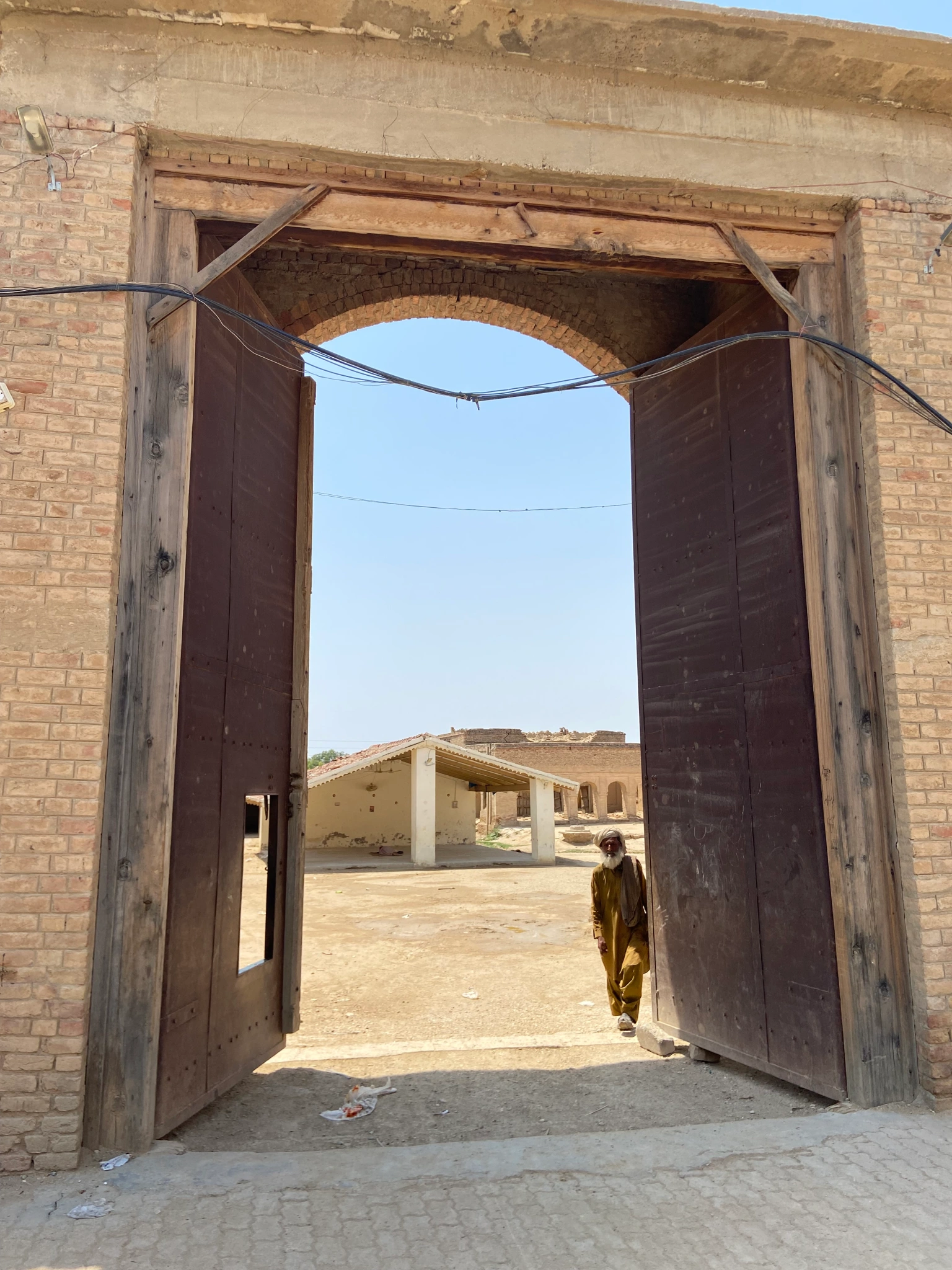
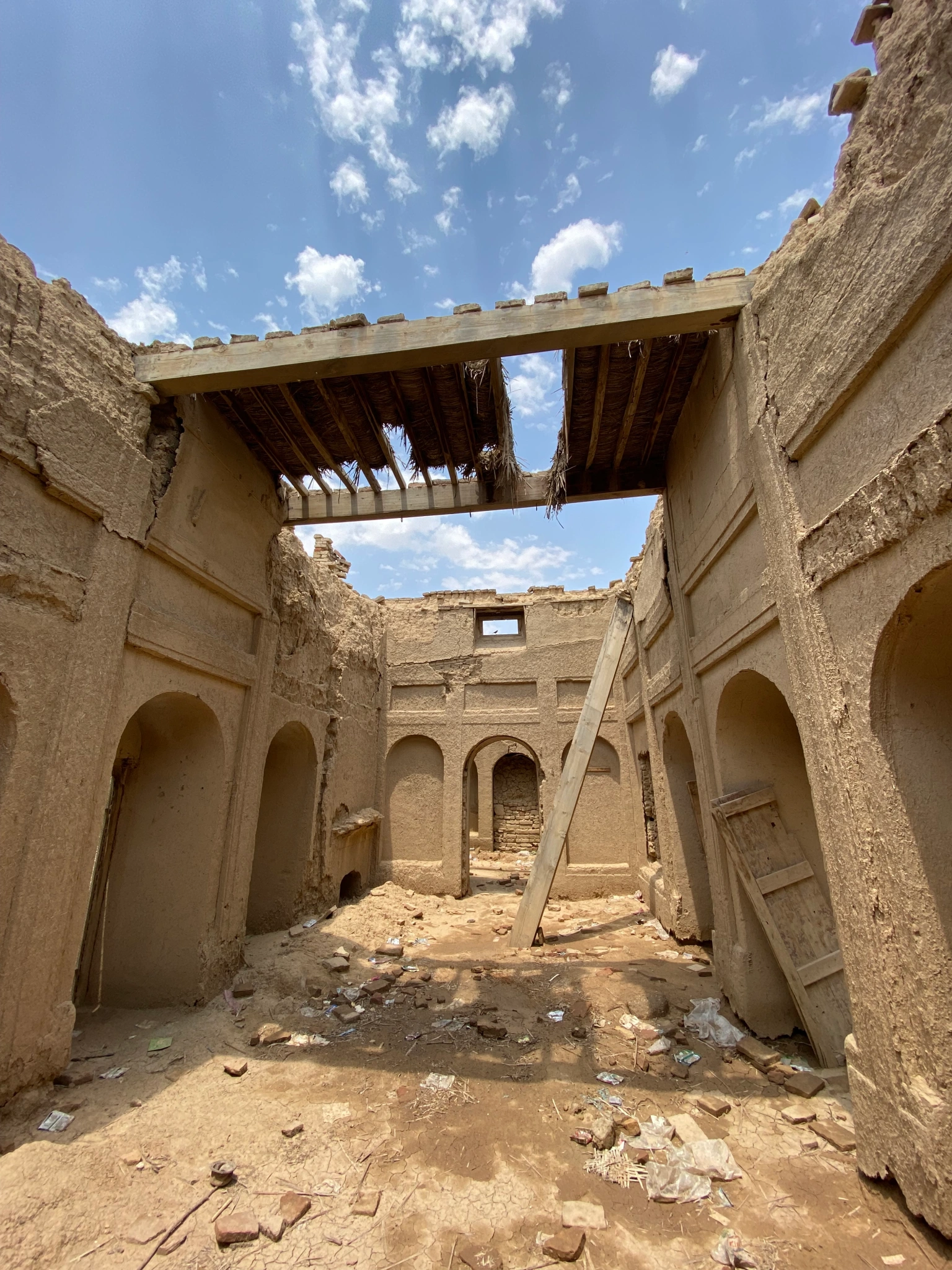
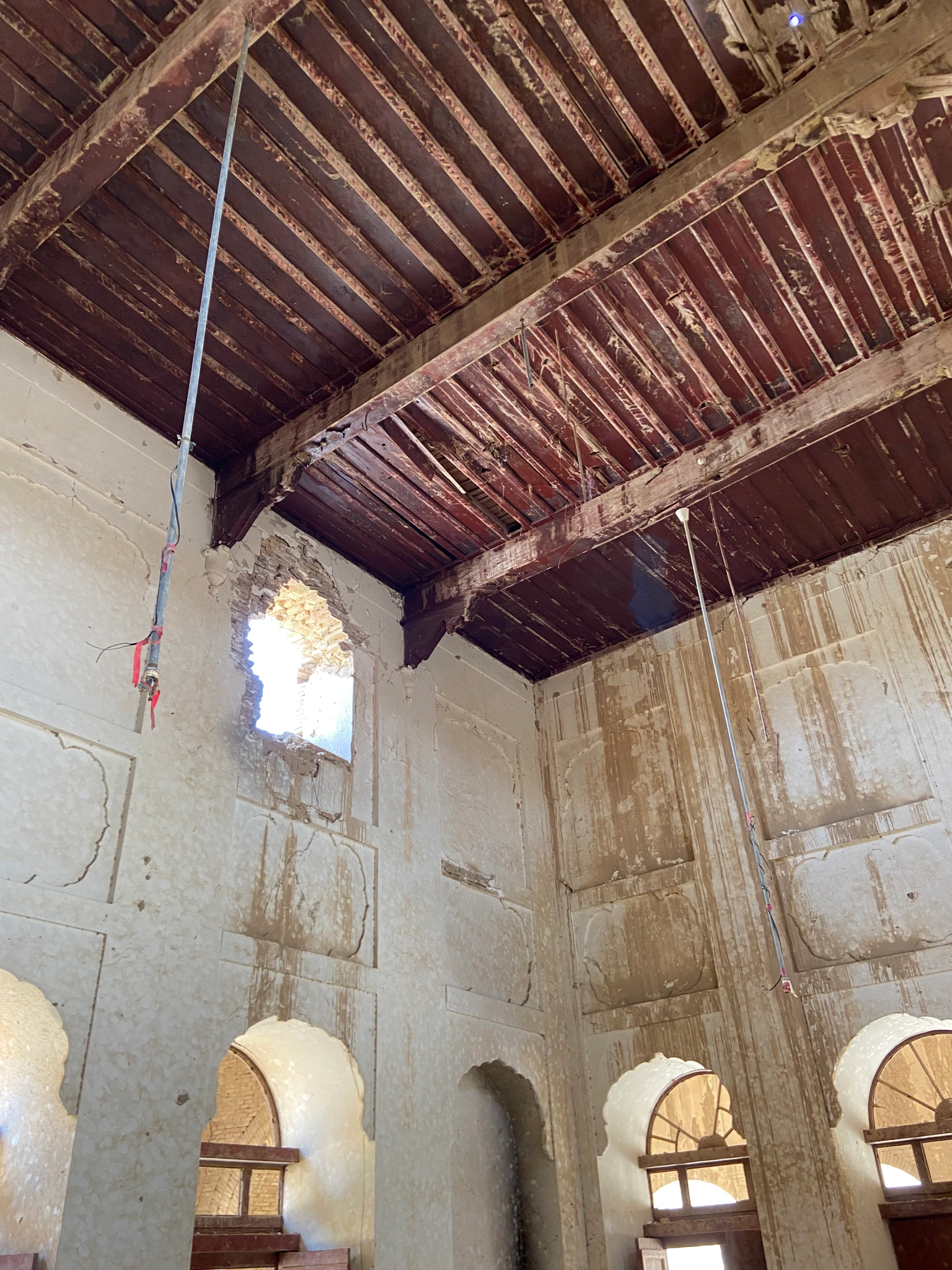

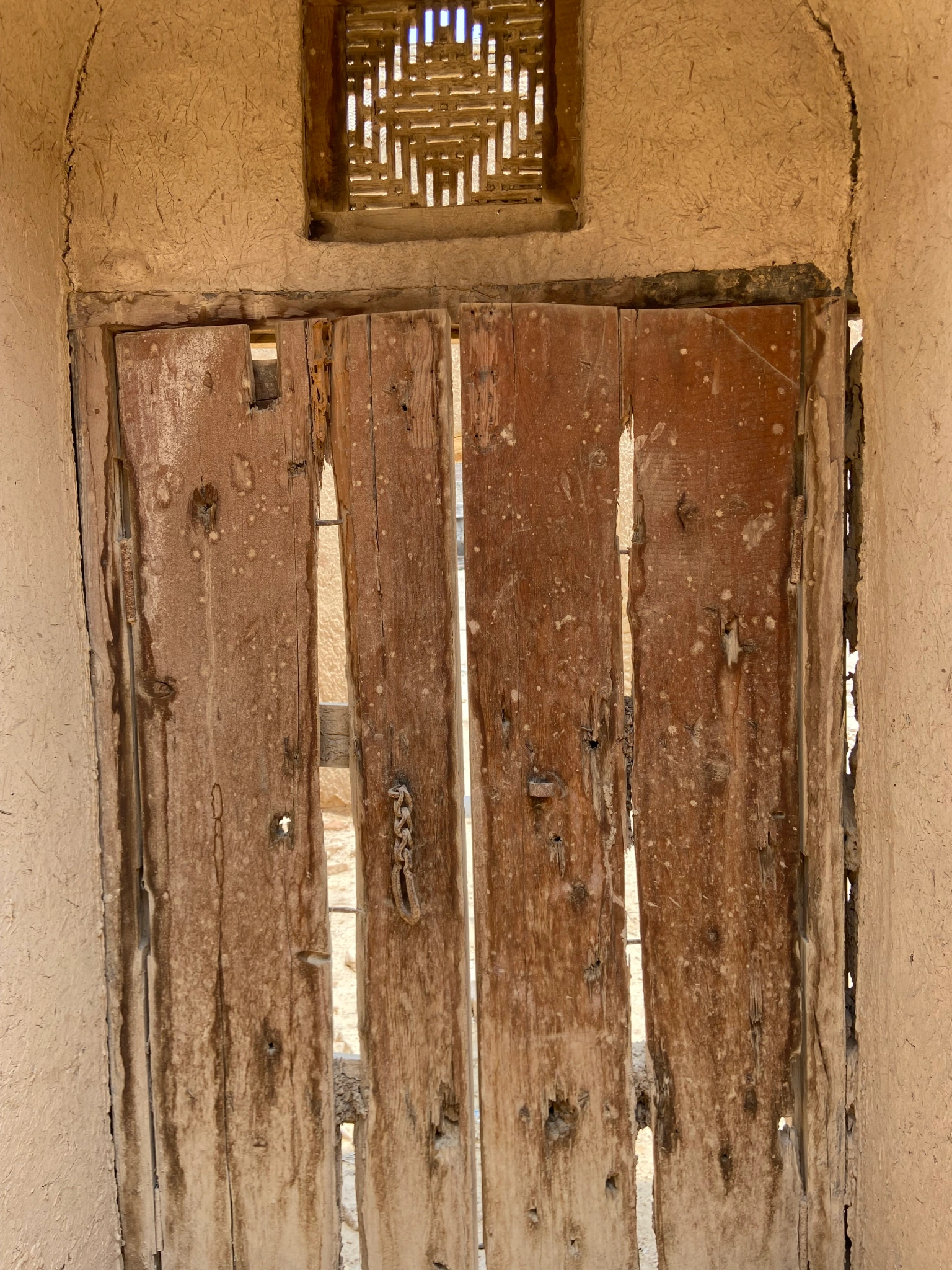
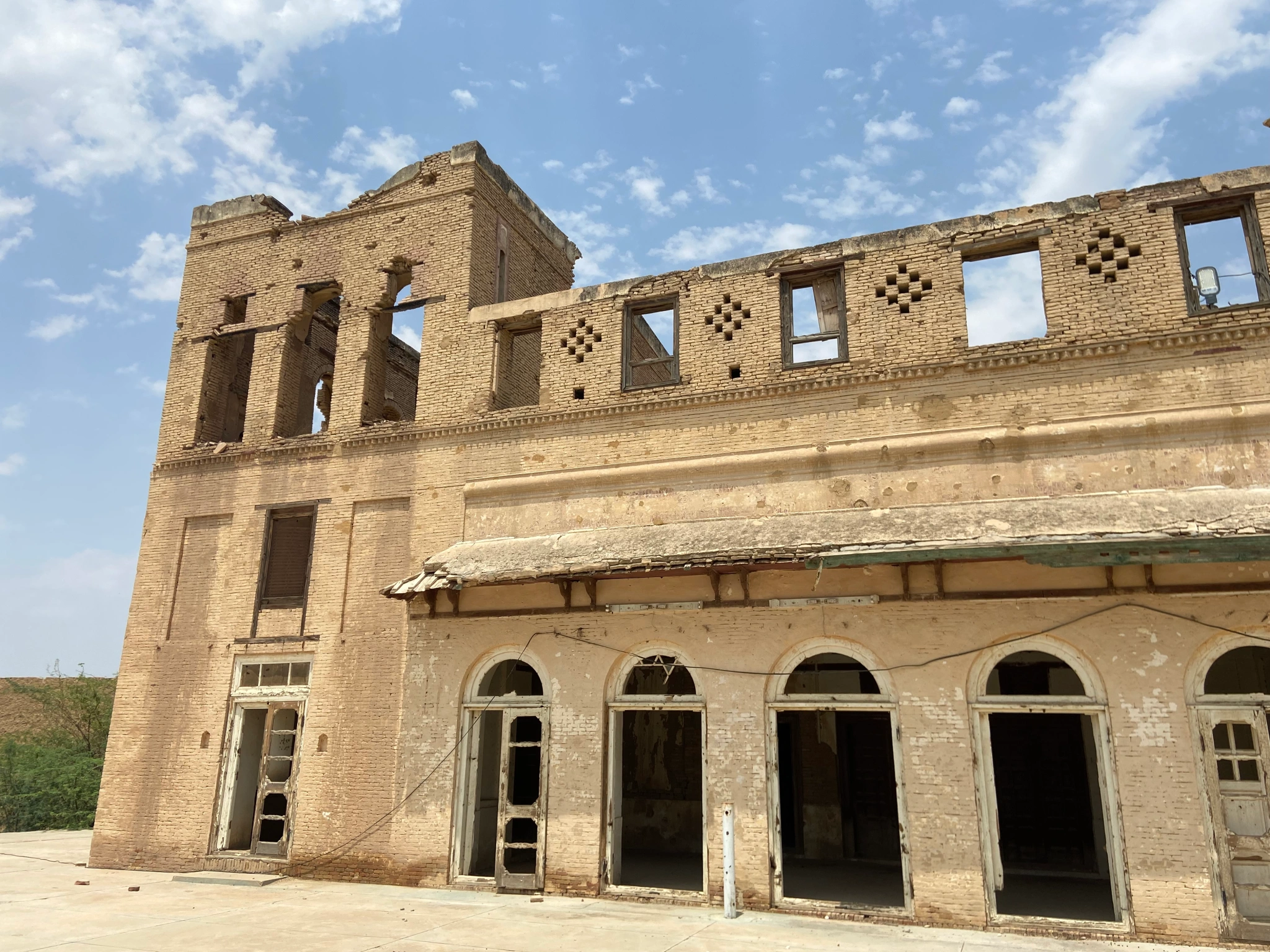


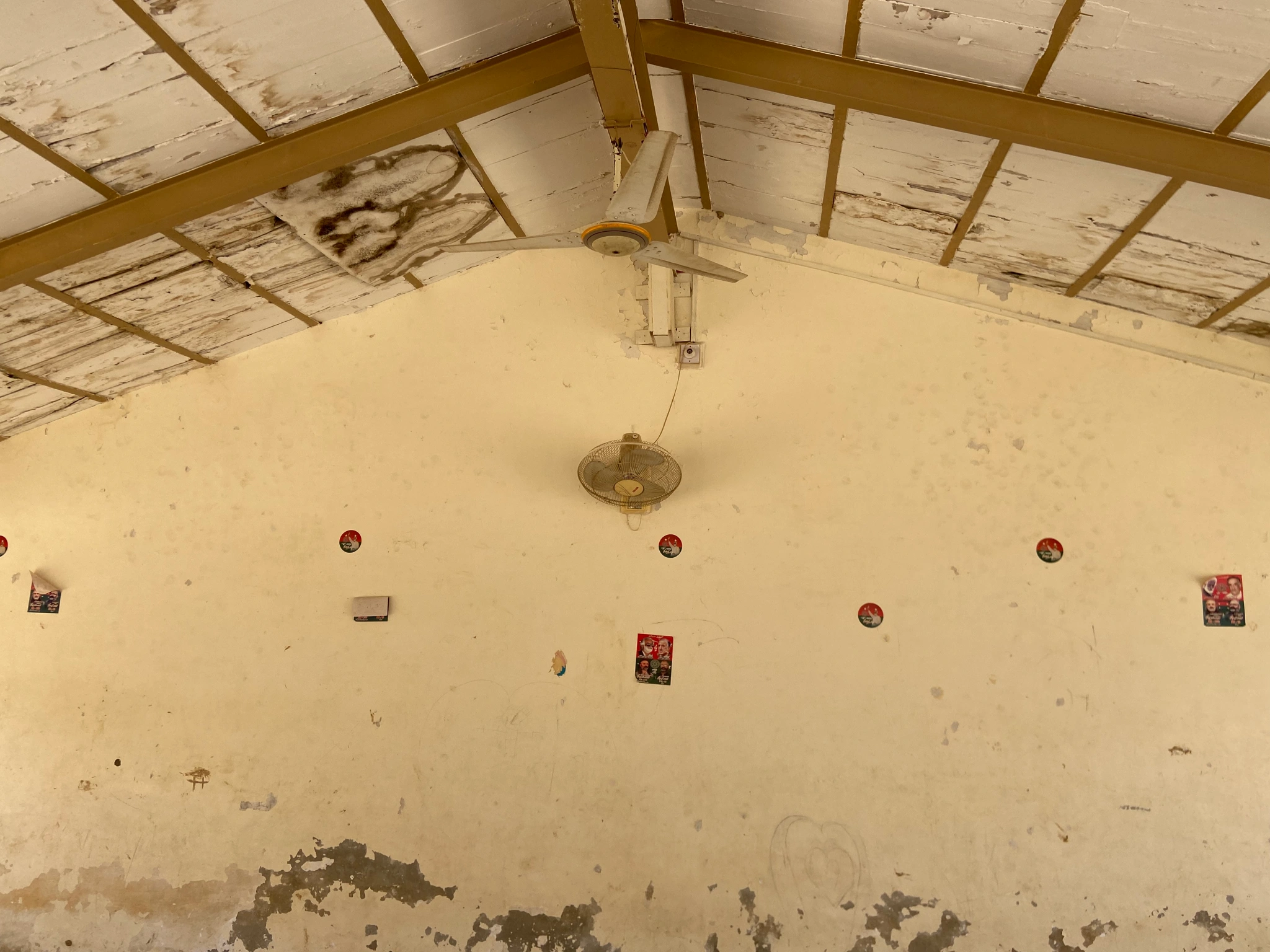
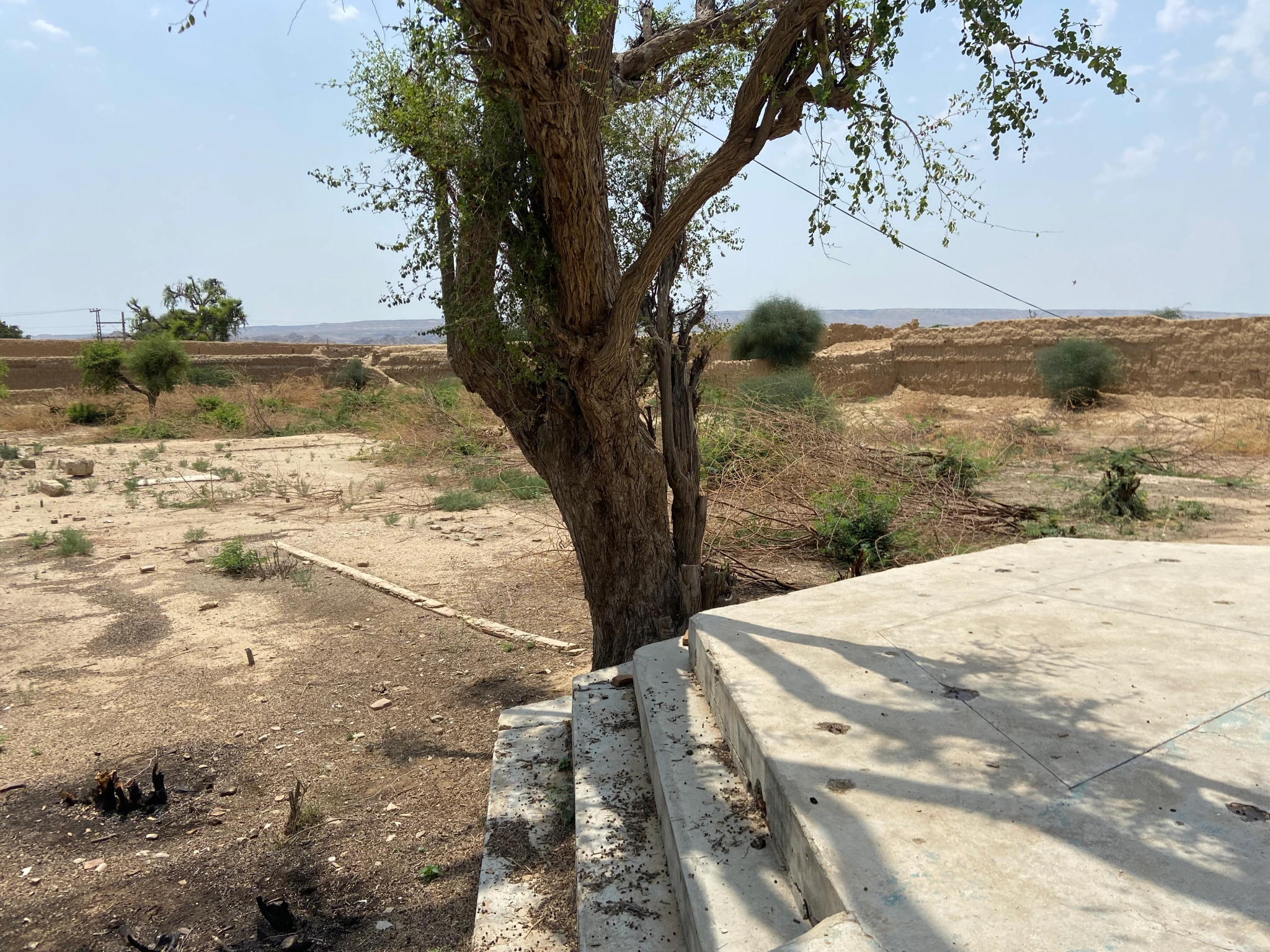

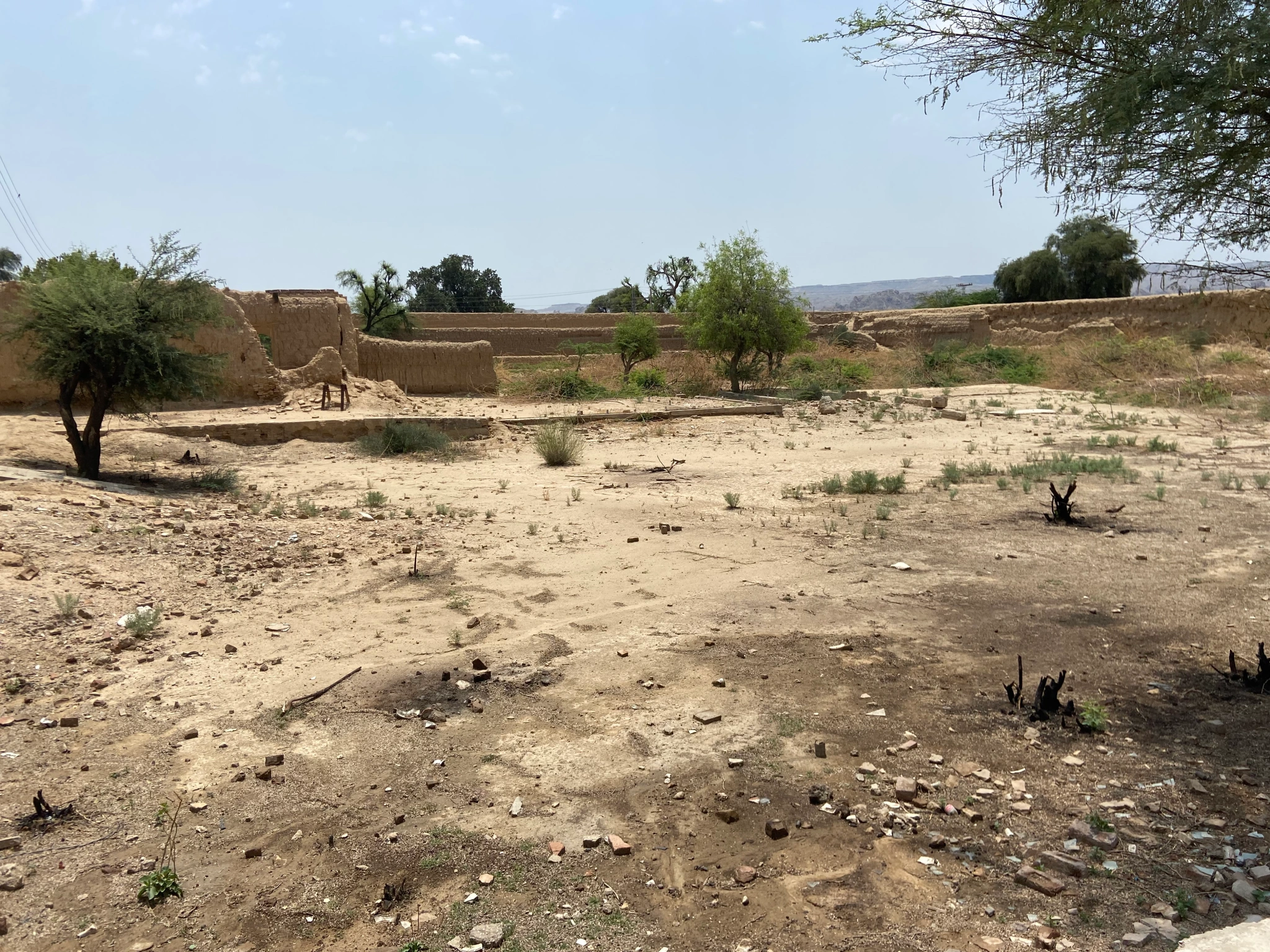



Comments